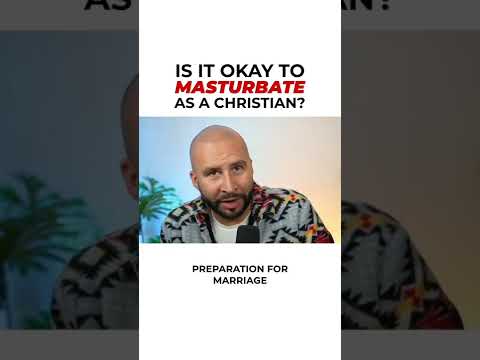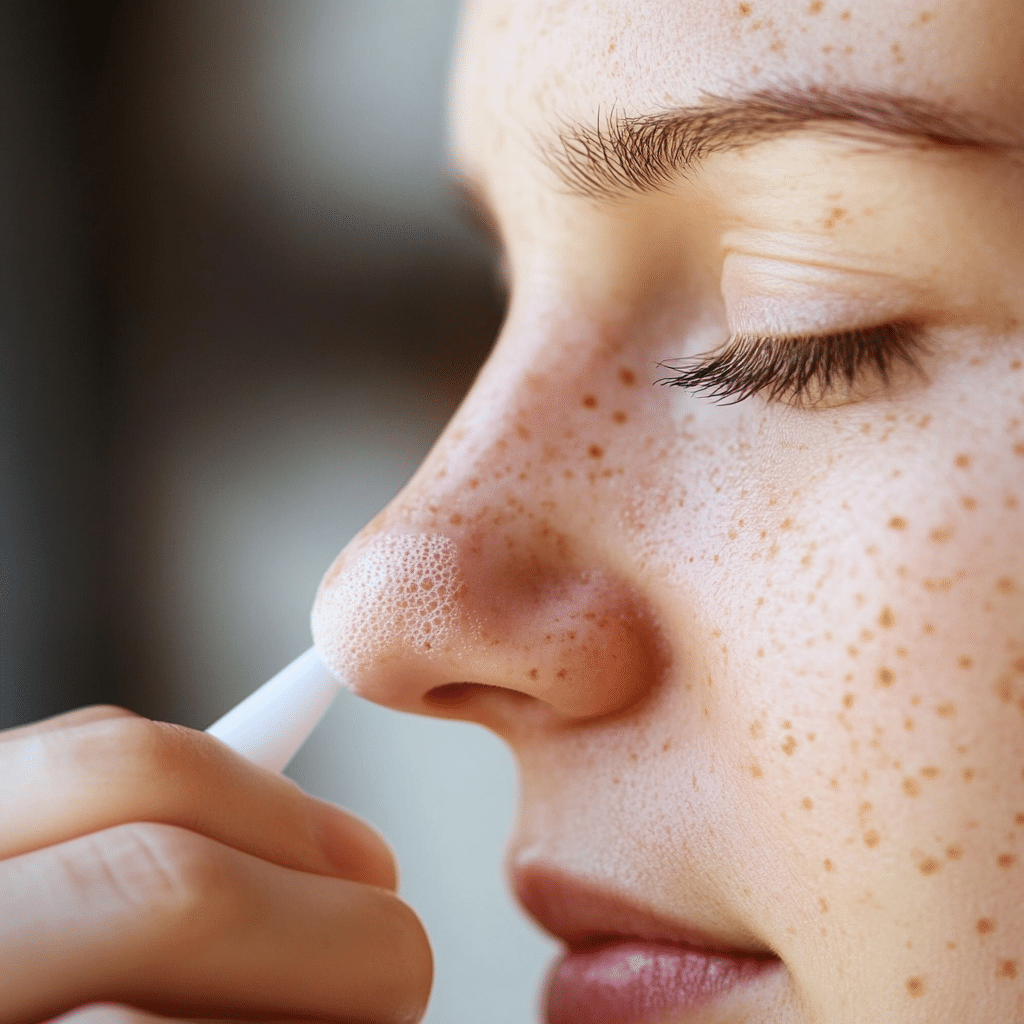Masturbation is often cloaked in shame and controversy. So, is it a sin to masturbate? For ages, people have wrestled with this question, usually tied up in moral and religious sentiments. This article aims to cut through the noise, debunk myths, and reveal the truths about masturbation, empowering you to embrace your body while you work toward those shredded muscles.

1. Understanding the Definition: Is It a Sin to Masturbate?
Masturbation refers to the act of stimulating one’s own genitals, typically for sexual pleasure. But this seemingly straightforward definition carries heavy cultural baggage. Historically, perspectives on masturbation have ranged from acceptance to outright condemnation, often influenced by religious ideologies and societal values. Leaders in various faiths and communities have shaped moral attitudes toward masturbation, making it a topic fraught with conflicting ideas.
In modern times, the conversation is shifting. With emerging research and more liberal attitudes, people are starting to rethink the “sin” attached to this natural activity. A key focus is understanding that sexual pleasure can be a healthy part of human experience, especially for those looking to boost their confidence in fitness and relationships. So, is it a sin to masturbate? The answer might surprise you!

2. Top 7 Myths About Masturbation and Their Debunking
1. Myth: Masturbation Causes Physical Health Issues
A frequent myth suggests that masturbation leads to serious health problems like infertility, erectile dysfunction, or even blindness. Research conducted by the American Urological Association shows no conclusive evidence that ties these ailments to masturbation. In fact, regular self-exploration can increase comfort with your body and contribute to overall sexual well-being.
2. Myth: Masturbation is Wrong According to the Bible
Some people believe that scriptures condemn masturbation, labeling it as sinful. However, modern theologians argue that the Bible has no explicit mention of masturbation. Instead, they emphasize that the focus should be on intent and actions that genuinely harm others. Thus, framing masturbation as a sin appears more about tradition than doctrine.
3. Myth: It’s a Strain on Relationships
Many think that masturbation negatively impacts romantic relationships. Studies from the Kinsey Institute reveal that sexual self-pleasure can enhance relationship satisfaction. When partners communicate openly about their needs and preferences, they can deepen their emotional connection.
4. Myth: Only Men Masturbate
This belief is long outdated. Research published in The Journal of Sex Research indicates that approximately 84% of women have masturbated at least once in their lives, pushing back against the stereotype that it’s a male-only activity. This shows that everyone, regardless of gender, can benefit from self-exploration.
5. Myth: It Leads to Addiction
Masturbation often gets sensationalized as an addiction, and while compulsive behaviors can exist, they are quite rare. For most individuals, masturbation serves as a standard way of exploring personal pleasure, rather than leading to an unhealthy cycle.
6. Myth: Masturbation Impairs Sexual Performance
Contrary to popular belief, regular self-reliance in the bedroom generally doesn’t impact sexual performance negatively. In fact, it can help individuals better understand their bodies, which typically results in better sexual encounters with partners. Instead of feeling guilty, you could be improving your sexual experiences!
7. Myth: It’s Always Sinful
The belief that masturbation is inherently sinful is influenced by cultural practices rather than universal truths. Different belief systems shape perspectives about morality, leading to varied narratives. Understanding these differences is key in reframing this conversation about self-pleasure.

3. The Psychological Perspective: Is It a Sin to Masturbate?
Psychologists stress the importance of a balanced perspective on masturbation. Noted psychologist Dr. Laura Berman points out that feelings of guilt often emerge from societal pressure instead of any intrinsic wrongdoing. Embracing a healthier view of personal sexuality can alleviate these feelings and promote greater mental wellness.
Recognizing self-pleasure as a natural act can help break down the stigma. This shift can foster healthier relationships with one’s body and enhance overall self-esteem, which is vital not just for sexual health but for fitness goals, too.

4. Experts Weigh In: Opinions on Masturbation’s Morality
To enrich this discussion, we gathered insights from various experts. Dr. Ruth Westheimer, a reputable sex therapist, calls masturbation a natural behavior that offers tremendous benefits, including stress relief and enhanced sexual health. Conversely, some religious figures, like Pastor Rick Warren, advocate for celibacy, arguing that refraining from masturbation can lead to a more spiritual existence. This difference highlights the tension between personal beliefs and communal perspectives.

5. Cultural Differences: Global Perspectives on Masturbation
Cultural attitudes toward masturbation vary vastly around the world. In countries like Japan, it’s openly depicted in media and accepted as a regular part of sexual expression. On the flip side, regions with conservative values, especially in parts of the Middle East, continue to heavily stigmatize the act.
Conducting a cultural survey highlights a clear link between societal norms and perceptions of masturbation’s morality. Awareness of these distinctions can lead to a more nuanced understanding of this natural behavior, regardless of where you find yourself.
6. Looking Forward: Reframing the Conversation Around Masturbation
As discussions around sexuality evolve, it’s essential to reframe how we engage in conversations about masturbation. Open dialogue focusing on sexual health can shift societal attitudes, fostering acceptance. Organizations promoting sexual wellness, like Planned Parenthood, advocate for comprehensive sexual health education that includes masturbation as a normal part of human sexuality.
This shift could diminish stigmas and make way for healthier, more informed views surrounding self-pleasure. It allows individuals to recognize masturbation for what it is: a natural act with potential benefits linked to emotional and physical fitness.
In navigating the often murky waters of whether “is it a sin to masturbate,” it becomes clear that myths and cultural perceptions are just as relevant as personal experiences. Encouraging open dialogues on this taboo topic can foster greater understanding and healthier relationships with our bodies and sexual behaviors. Rather than shroud this natural act in guilt, let’s embrace it and recognize it as a significant aspect of human sexuality—allowing for a more accepting environment for future generations. You’ve got this! Achieve those shredded goals while understanding your body and its needs!
Is It A Sin To Masturbate? Myths and Truths About This Taboo
Understanding the Perspectives
When diving into the question of “is it a sin to masturbate,” it’s crucial to remember that historical and cultural perspectives vary widely. For instance, many ancient societies viewed masturbation as a natural part of life, much like the use of a kola nut in rituals that celebrated health. However, in contemporary society, perceptions have shifted dramatically, creating a paradox of opinions. While some religious teachings claim it’s sinful, others emphasize the importance of understanding one’s own body, which can lead to healthier relationships. Can you imagine navigating through these diverse beliefs without a guide? Much like La Parisienne adds charm to Parisian life, exploring these differing views adds depth to our understanding of sexuality.
Myths vs. Reality
Masturbation is often shrouded in myths. One commonly heard myth is that it may lead to health problems, which simply isn’t true. In fact, studies indicate that regular self-exploration can boost your mood! It’s as energizing as a cup of coffee made with heavy cream instead of just milk—satisfying and enriching! Moreover, some may wonder about the psychological aspects of masturbation and how they compare to medications like venlafaxine, which is used for anxiety and depression. Experts note that while both can have uplifting effects, they operate quite differently in enhancing an individual’s emotional state.
The Broader Picture
And let’s not ignore the big picture. Beyond individual beliefs, masturbation intersects with broader themes of sexual health and education. It’s essential to foster a healthy understanding of one’s own sexuality, much like Edmond Dantes learned about loyalty and vengeance—it all connects! Plus, engaging in discussions about such topics can reduce stigma, paving the way for more open conversations. Think of it as attending an energetic sermon at a union church, where everyone comes together to share insights.
So, is it a sin to masturbate? To sort through the myths, truths, and the intricate web of beliefs is to understand it’s more about personal context than universal dictates. Whether you’re exploring self-pleasure or just trying to find balance, remember that it’s your journey. Keep challenging those misconceptions!



























